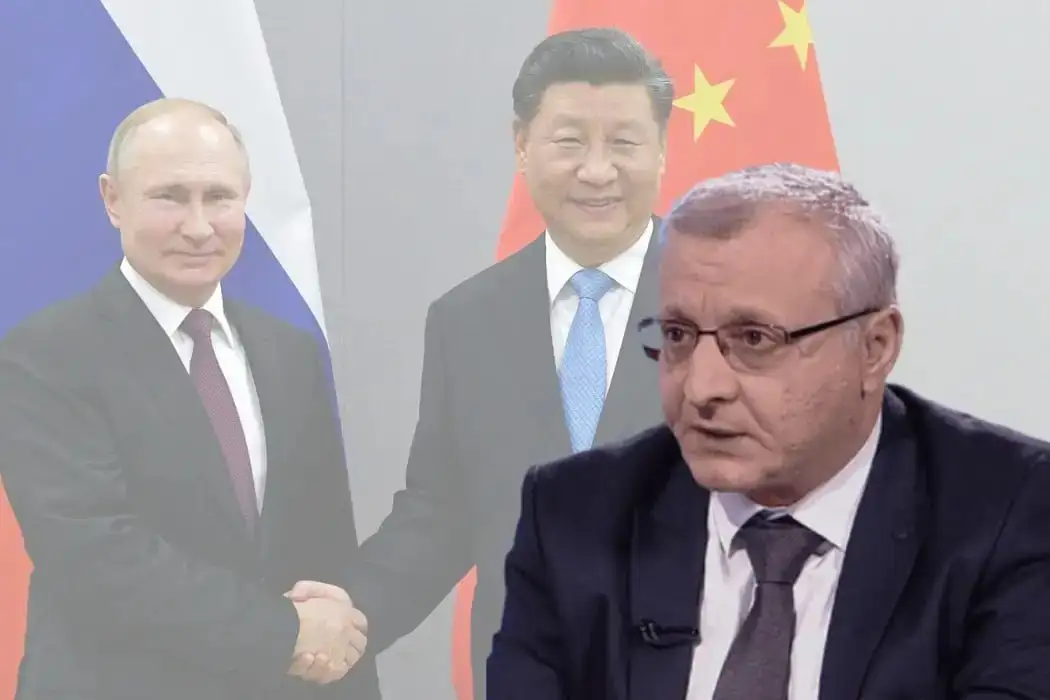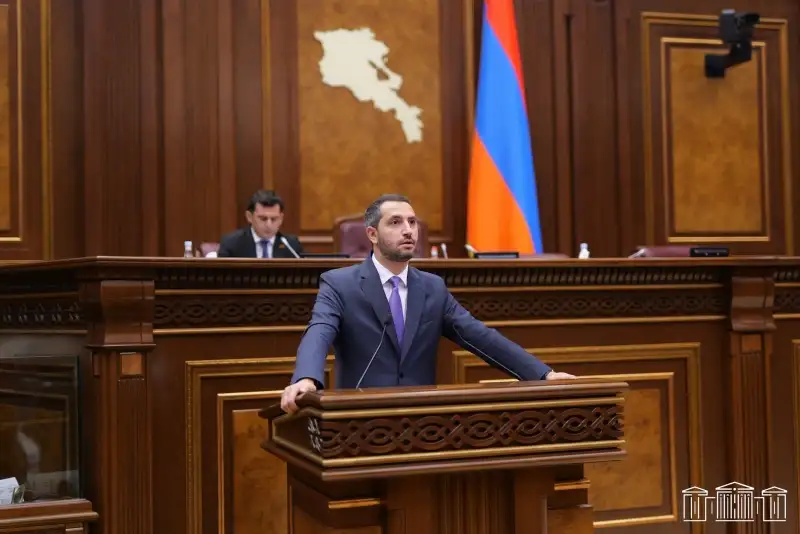Russian President Vladimir Putin and Chinese President Xi Jinping have signed a joint statement on deepening comprehensive partnership and strategic cooperation.
Radar Armenia spoke to Suren Surenyants, chairman of the Democratic Alternative party, on the topic.
-What message does the joint statement of Vladimir Putin and Xi Jinping on deepening comprehensive partnership and strategic cooperation contain, especially since it coincides with the 75th anniversary of diplomatic relations between the two countries?
-You know, Russia and China are natural allies at the moment, but this does not mean that there are no problems between them. They are also geopolitical rivals, since in Central Asia, there are problems with spheres of influence in other regions. After all, Russian-Chinese relations do not have a strategic formulation in the classical sense. However, in the medium term, they are currently allies, as at least two circumstances drive their unification: the first is their shared struggle against American dominance, and the second is their similar ideas about forming a new world order.
-According to the joint statement, Russia-China relations are entering a "new era." What impact can this have on the geopolitical landscape, considering the position of the United States and Western countries?
-It has a huge impact. It was clear that the countries of the South, including countries that were once considered allies of the United States, saw this demonstration of force as a sign that there is no longer a phase of Western or American dominance. We are moving very steadily towards the formation of a multipolar world. This is a reality. Open the Western press, everyone has recorded the fact, it is not that this is a Russian, Chinese, or Asian narrative, what I am saying now is that the phase of a unipolar world is coming to an end.
-Can this new strategic agreement change the dynamics of the ongoing conflict over Ukraine?
-Obviously, that war will not end successfully for Ukraine. Russia has territorial gains, organizational, human, and other resources to end the war in a more successful position. The longer Ukraine drags on the process of settling the conflict, the more difficult the end of the war will be. I will draw a parallel with our war. At some stage of the 44-day war, on October 19, the end of the war could have occurred on more favorable terms for the Armenian side than it did on November 9.
-The joint statement includes a package of intergovernmental and trade agreements. What economic benefits can this cooperation bring to the region?
-The fact that an agreement has been reached on the Siberia-2 gas pipeline is already a significant event. Another problem is that this project is costly, and it is not clear when it will be completed.
Lilit Abrahamyan


















